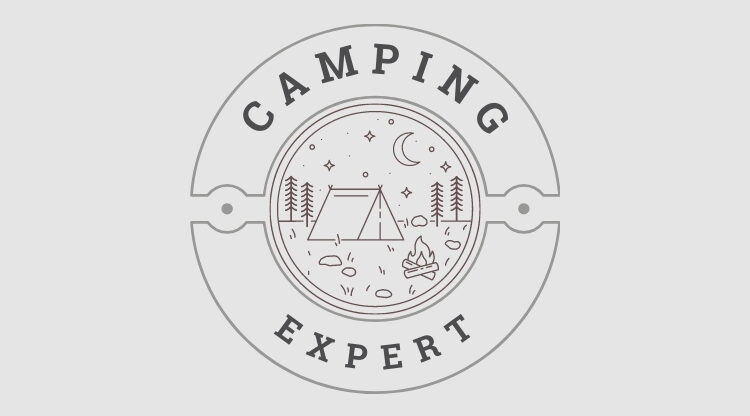Fire safety and prevention when camping, caravanning or if you’re just spending a day out in the countryside is crucial.
Tents – Fire Prevention
Never light a candle or have any other kind of flame burning apparatus in or near to a tent. Even in the larger tents which are marketed as being more geared to cooking, recommendations suggest that, whenever possible, you cook outside and away from the tent. If you do have a large tent and are planning on cooking inside, you need to be especially vigilant. Keep all cooking stoves away from the roof and walls of the tent where they can be easily knocked over but the general advice is to always cook outside well away from your tent, no matter how large it is and you should never cook in a small tent, period!
Don’t smoke inside the tent and keep any flammable material away from the cooking area. Children can be curious about fire so ensure that you store all matches and lighters and any flammable liquids and gas cylinders away from the tent and well away from children.
Have an escape plan and be prepared to cut your way out of the tent if a fire breaks out. Remember, a fire can destroy a tent within 60 seconds so underlining the dangers is important. If you find that your clothing has caught fire, the important thing is to remember the procedure for putting it out which is to stop, drop and roll. If somebody else’s clothing has caught fire, you should tell (or force) them to drop and try to smother them with a blanket or other large item of clothing to quell the flames, then roll them.
If you have pitched your tent near to a caravan, remember that there is likely to be a cooker inside the caravan so you should try to pitch your tent at least 6 metres away from the caravan. If you are on a designated camp site, you should easily be able to find out what the fire fighting arrangements and procedures are but even if you’re camping off the beaten track, try to find out if there is a procedure and what it is before you travel.
Caravans – Fire Prevention
As caravans increasingly resemble a ‘home from home’ environment in their quest to offer more modern comforts and luxuries, it can be tempting to forget about the fire risks to a degree, but they should never be overlooked. In fact, because of their design and purpose, they present even more potential for a fire risk.
Caravans should be fitted with a smoke detector and have a fire extinguisher located near the door. Children should never be left alone in a caravan and it’s important to keep them away from matches or lighters. If you smoke, use metal ashtrays, never smoke in bed and always make sure that your smoking materials are fully extinguished. When cooking, don’t leave any pans containing fat unattended and keep the caravan ventilated. If air vents get blocked up, it could be fatal.
Gas cylinders should be kept outside the caravan. They should be turned off unless they are designed to run continuously (such as a fridge) and you should only change the bottle when it’s completely empty. Never use a cooker or heater when the caravan is moving and make sure you turn off all your appliances before leaving your caravan or when you’re going to bed. If you suspect that there is a gas leak, turn off all appliances and the main cylinder valve, open all doors and windows and do not smoke or turn on any electrical switches or appliances until you have been given the all clear.
Around the Campfire
Check with the campsite owner or park ranger that fires or barbecues are allowed and if there are any restrictions. If you are permitted to have a fire, make sure that children and any ball games they may be playing are kept a safe distance away from the campfire and never leave young children unsupervised around the campfire or any barbecue equipment you may be using. If you’re using a campfire or a barbecue, make sure that it is fully extinguished before you leave it or go to bed and that it’s completely cold before you dispose of any of the ashes.
When out Hiking or Travelling by Car
Every year, fire destroys thousands of acres of countryside due to carelessness. If you’re a smoker, take care where you smoke and make sure your cigarettes and other smoking materials are fully extinguished before you move on. Never throw cigarette ends out of a car window. This is the most common cause of forest fires. Do not leave bottles or glass in woodlands. Sunlight through glass can start large fires. Take any bottles or glass home with you or put them in a waste or recycling bin.
If Fire does Break out
If a fire should break out, get everyone out of the tent or caravan immediately. If you can’t put out the fire with an extinguisher or bucket of cold water within 30 seconds or so, get yourself out and call the fire service and give your exact location. If you’re in a remote area, try to provide the fire brigade with a map reference, if possible. Otherwise try to provide some other kind of nearby landmark such as a farm or pub to help the emergency services reach you as quickly as possible.
